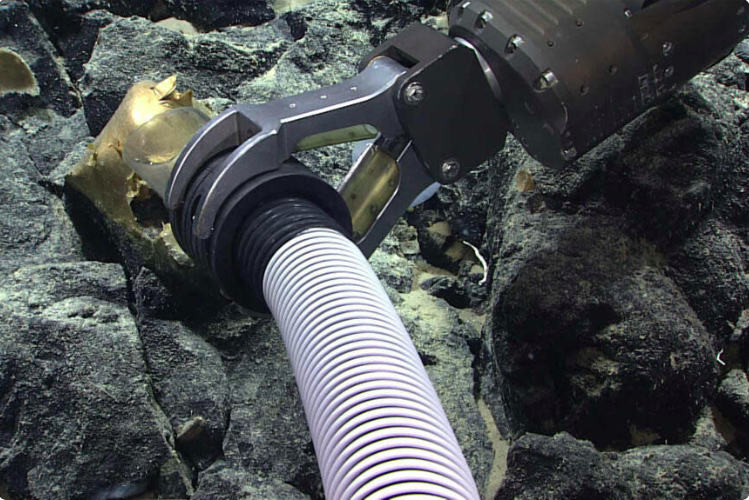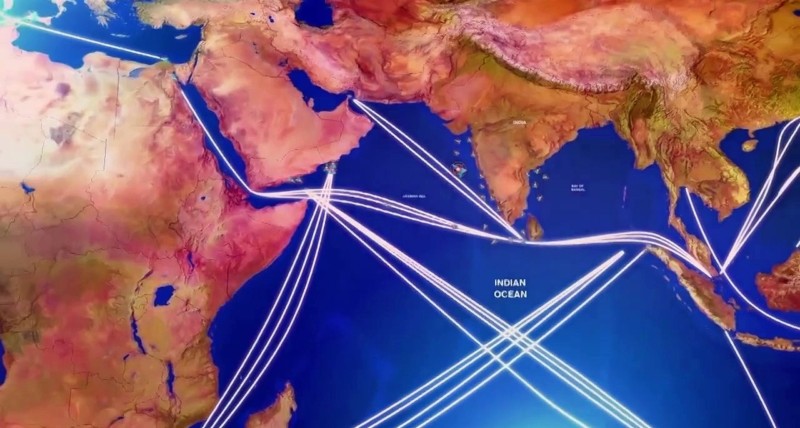While carrying out a study on the impact of seabed mining, scientists made a surprising discovery: oxygen was actually coming from metallic stones, rather than from living organisms. The authors of the study, published in Nature Geoscience, have dubbed this phenomenon “black oxygen”. The discovery comes at a time when the International Seabed Authority is meeting in Kingston, Jamaica, from July 15 to August 2.

A discovery that shows us what it “means to have the ocean as a frontier”, says Professor Lisa Levin at the Scripps Institution of Oceanography in La Jolla, California. As part of a scientific campaign to study the workings of the ocean floor, scientists observed a phenomenon described in an article published in the journal Nature Geoscience on Monday July 22. Oxygen is produced on the ocean floor by stones containing metals.
To understand the impact of human activity at these great depths, researchers have measured the oxygen consumption of the ocean floor. At a depth of 4 km, where no light penetrates, photosynthesis is impossible, and no plant can survive. Yet unique animal species thrive here.
By trapping sediment and water under a bell jar, they expected oxygen levels to fall as living organisms used them. But to their surprise, oxygen levels “tripled in two days”, according to the press release.
Further experiments revealed an electrical voltage on the surface of the metal nodules, suggesting possible underwater electrolysis where the electric current would split water molecules, creating oxygen and hydrogen.
Challenges for deep-sea mining
This discovery raises questions about the impact of deep-sea mining, particularly for companies such as The Metals Company and UK Seabed Resources, deep-sea mining exploration companies that wish to exploit the seabed for metals needed in electric batteries and telephones. Although these companies financed the sampling, this discovery is fuelling the arguments of their opponents.
Indeed, the Seabed Conservation Coalition sees this discovery as yet another reason to impose a moratorium. This moratorium is currently being debated at the 29ᵉ session of the International Seabed Authority Assembly, being held in Kingston, Jamaica, from July 5 to August 2.
Source: rfi


